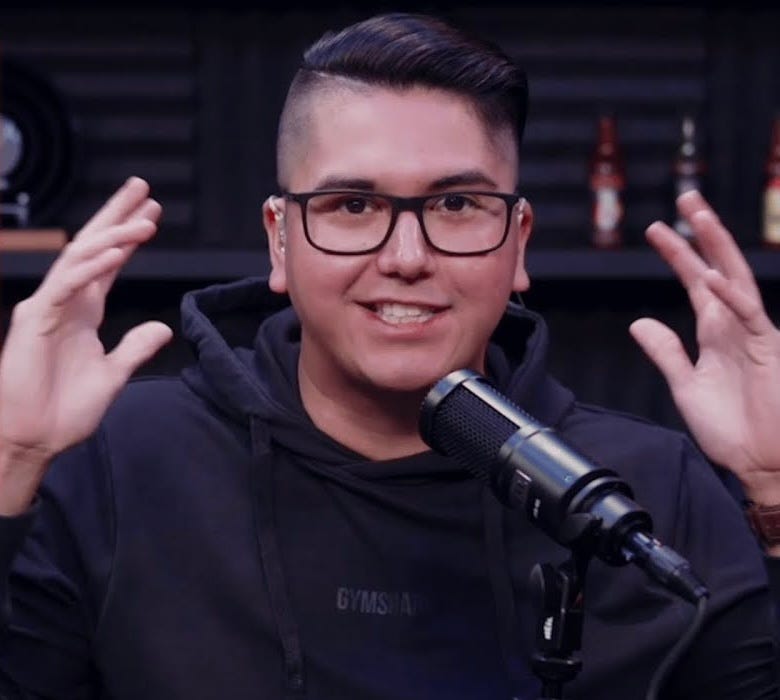Indigenous Wisdom from Aaron Pete
Aaron is a graduate of the Peter A. Allard School of Law at the University of British Columbia, a council member with Chawathil First Nation, the host of the Bigger Than Me Podcast
Aaron shares his views on government policies which are based on political correctness and are doing more harm than help for Indigenous communities in Canada.
A great deal of empathy and respect is owed when discussing these complex and sensitive issues. However, I’ve found that these conversations are increasingly being led and based more on emotion and political correctness instead of substance, evidence, and logic.
— Aaron Pete.
Read his essay on the link below.
Indigenous communities are paying a price for political correctness
Excerps from this essay…
During my undergraduate studies at the University of the Fraser Valley, a fundamental principle was drilled into us: the importance of “evidence-based approaches.” This means not merely acting on intuition or emotion but instead studying, understanding, and implementing policies which have been proven to be effective. Evidence is a principle that should guide our decision-making around Indigenous communities. However, that’s not happening. The policies created don’t seem to be based on real facts and figures. And the policies don’t appear to be fixing the problems they’re meant to solve.
First Nations courts are being rolled out nationwide. But this is not based on a solid foundation of evidence suggesting they reduce Indigenous recidivism or incarceration rates. Instead, it is based on appealing to the heartwarming notion of “cultural accommodation.”
In my experience, First Nation courts still take place in a courtroom, but often only involve a few elders and some community service providers. The idea behind it is that by making the process more “cultural” alongside elders, and pulling in community resources, the offender’s life path will ultimately be improved. While parts of it are admirable and potentially true, we don’t really have any research being done into this issue. Simply adding a drum to a courtroom is not going to solve the problem or ensure justice is done.
The Evidence and the Verdict.
I am not an expert of Aboriginal affairs in Canada. I am now in my early 70s and can only comment from the vantage point of a taxpayer and someone who has received a scattering of information from many sources over many years.
Most of those sources would have been from the government schools I attended and government officials employed within tax-funded goverment departments that are responsible for tax-funded laws and regulations. Tax-funced media sources such as the CBC and the tax-subsidized mainstream newspapers, magazines and television stations would have also played a major part in distributing the Aboriginal stories I consumed. As such, my views on the topic have been shaped by tax-funded messaging (propaganda).
I guess you could say that I hold tax-funded opinions on the topic.
Aaron Pete is the exception.
I learned about Aaron from Lean Out With Tara Henley, a Substack I occassinally read.
Tara is a former CBC journalist who now preactices her trade without tax subsidy.
Like so many other senior journalists who had enjoyed the heyday of corporate media years ago, Tara began to remake herself in the free market of alternative media a few years ago.
Thankfully, the formerly dominate corporate media giants continue to lose readership and advertising revenues. I would never have heard of Aaron Pete if this “creative destruction” of the legacy media sector had not faced extinction from Internet competition.
Enjoy Aaron’s essay.




